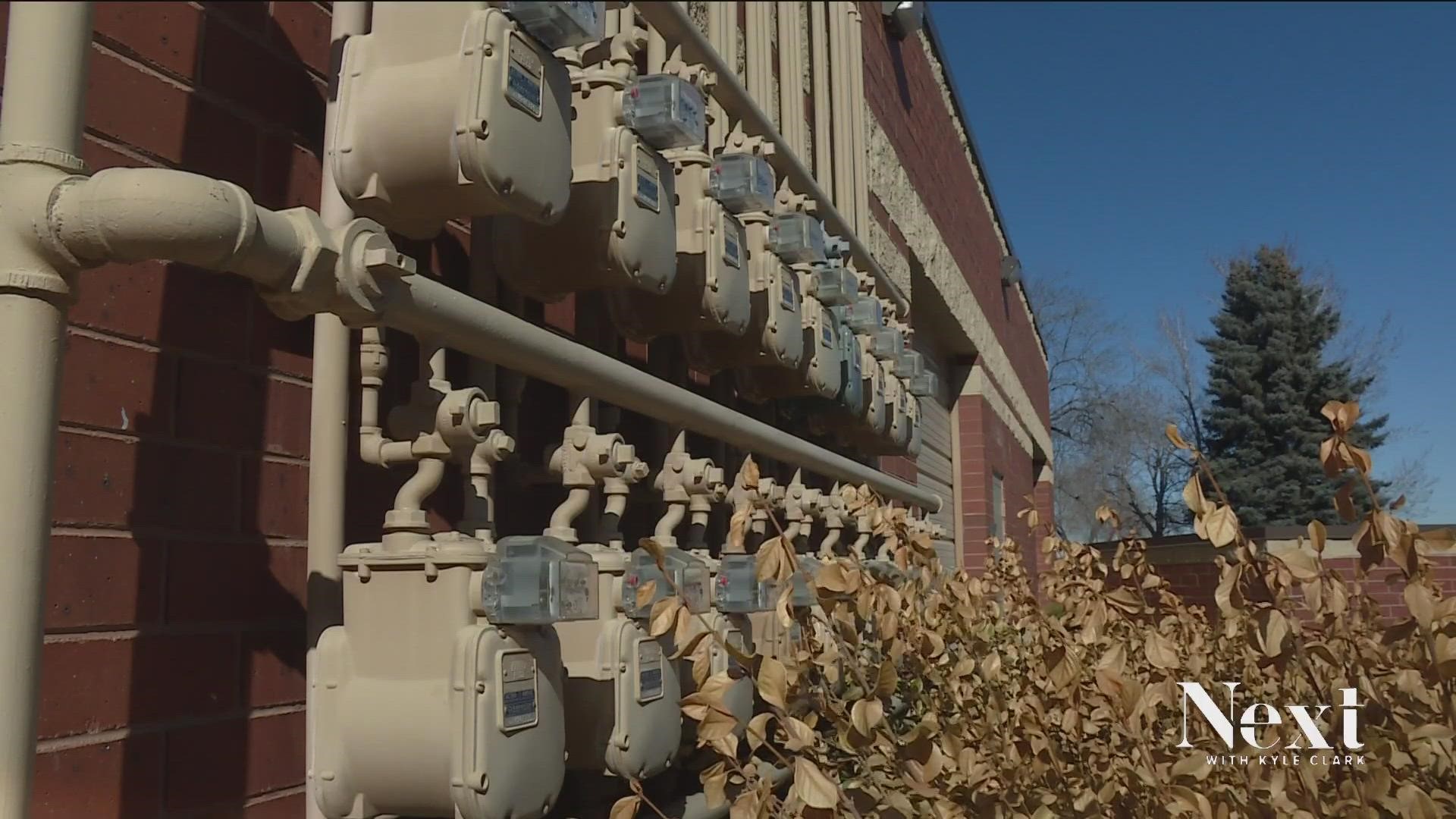DENVER — Throughout our coverage of Xcel and expensive utility bills, the most popular comment is that Xcel should use some of its $1.7 billion profit from 2022 to reduce customer bills.
Forcing Xcel to use its profit on costs it passes down to ratepayers was nearly on the statewide ballot last November.
Ironically, it did not make the ballot because of the cost.
“Getting something on the ballot sounds really easy, but it isn’t. It takes a lot of money to hire people to gather signatures,” said Jon Caldara, president of the Libertarian Independence Institute think tank. “By the time we got the OK to get the signatures, well quite frankly, I didn’t have the money to get the signatures.”
Caldara had approval to collect petition signatures last year for a statewide ballot issue about investor-owned utilities. It would have required Xcel and Black Hills Energy, the state’s two investor-owned utilities, to spend at least 5% of their profits on expenses passed on to ratepayers.
“The idea of the initiative was every time they go in to build a new project, to raise rates, they have to have some skin in the game. Just 5% of the cost of a new power plant. Just 5% of that cost needed to be on the backs of the owners,” Caldara said. “They’re not in the energy business, they’re in the building stuff business and putting it on the backs of their customers.”
“You reported that Xcel makes a profit and they should. Some of the things that bothered me is what happens to their profit? How are they being regulated?” asked Westminster Xcel customer Jon Ecklund. “A utility should be a utility, not a profit center.”
Ecklund wanted to know why the Public Utilities Commission (PUC) seemingly appears to approve all rate increases requested by utility companies.
“Is it really just a rubber stamp committee we have in Colorado that just says yes to everything?” Ecklund said. “The consumer should be reaping some benefit. That doesn’t appear to be the case at the moment. It appears that the profits are being treated as separate pools and they kind of walk off with their profit, but the consumers are still stuck footing a lot of the bill.”
On Monday, Xcel CEO Bob Frenzel was in Denver.
At a news conference, Next with Kyle Clark asked the question you wanted to know, why does Xcel not use some of its 2022 profit to reduce customer bills today.
"Last year we spent over $5 billion in capital improvements across our eight states, that included that $1.7 billion in that income,” Frenzel said.
Capital improvements include things like new pipelines, power plants and storage facilities.
When the PUC approves rates, that includes ratepayers paying back Xcel for those improvements plus interest.
“Utility profits should somehow benefit the customers who invested the money,” Ecklund said.
“The company, the shareholders should have a little skin in the game, and we were just suggesting 5% so they feel a tiny bit of the pain that they’re causing,” Caldara said.
But how does a company spending 5% on a rate request lower someone’s bill?
“It doesn’t mean that your bill immediately or directly goes down. It’s a tiny disincentive for them to say, ‘let’s build more stuff, let’s build more stuff,’” Caldara said.
In 2022, it required 124,632 valid voter signatures to get an issue qualified for the statewide ballot.
That number of signatures is based on 5% of the people who voted in the most recent Secretary of State election. Since there was a Secretary of State election in 2022, the number of signatures for statewide petitions has changed. It actually went down. The number is now 124,238.
“It is my hope and intent to do something to protect Colorado taxpayers and ratepayers next year,” Caldara said.
When asked why it opposed this attempted ballot issue last year, an Xcel spokeswoman said: “Xcel Energy is a national leader in expanding renewable energy. In Colorado we are committed to delivering on what our customers and communities want – cleaner energy sources and carbon-free goals. Given our priority to provide safe, reliable and increasingly clean energy for the customers and communities we serve, we believe an ill-crafted measure like this puts Colorado’s clean energy future at risk.”
A Black Hills Energy spokeswoman said the company was not going to be able to make our Friday night deadline for a response.
SUGGESTED VIDEOS: Full Episodes of Next with Kyle Clark

